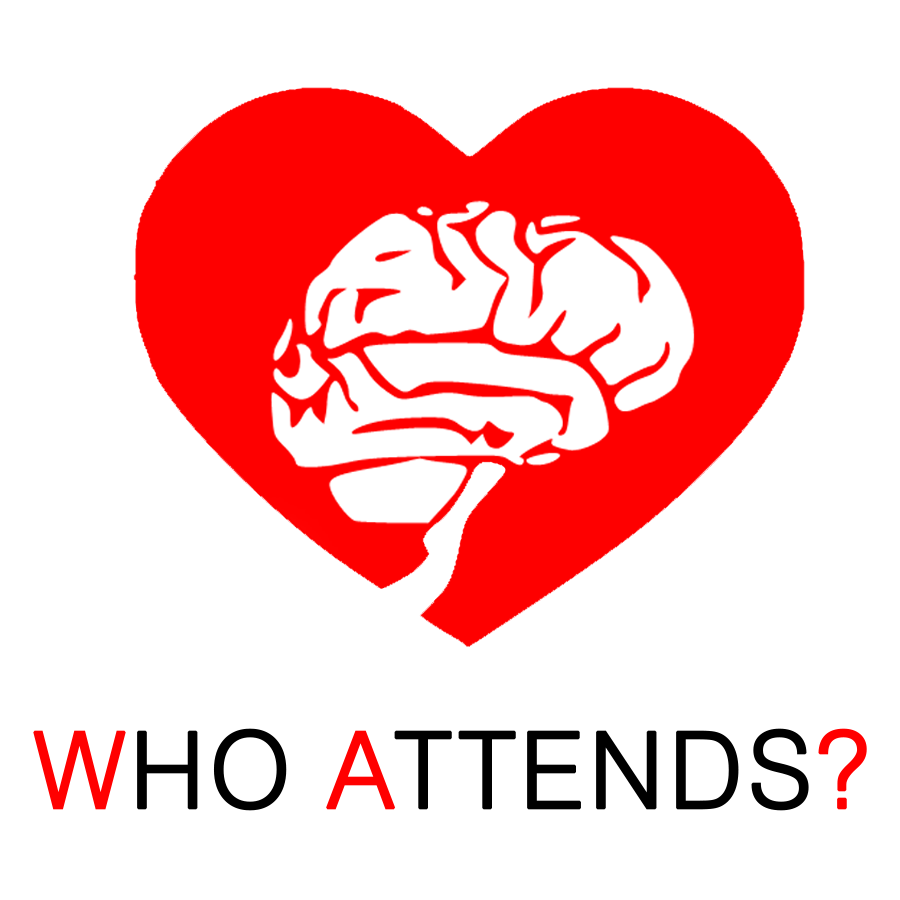
Biography
Biography: Shabeer Nellikode
Abstract
Strokes resulting from cardiac diseases and cardiac abnormalities associated with neuromuscular disorders are examples of the many points of contact between neurology and cardiology. Cardiac diseases can be complicated by stroke, cognitive impairment and brain infections. Cardiac conditions including Atrial Fibrillation (AF), cardiomyopathies, valvular heart disease, intertribal septal anomalies and cardiac interventions account for 20%-30% of all ischemic strokes. The mechanism of cardiogenic stroke is often embolic, but hypoperfusion may also occur, particularly in those with cerebral steno-occlusive disease. Cognitive decline can be associated with congestive heart failure and coronary artery bypass graft procedures, whereas meningitis and brain abscesses are possible complications of infective endocarditis. Cerebrovascular disease may also affect the heart. Stroke can cause large inverted T waves in anterior ECG leads and a variety of cardiac arrhythmias. Cardiomyopathies and conduction abnormalities are part of the spectrum of many neuromuscular disorders including mitochondrial disorders and muscular dystrophies. Cardiologists and neurologists share responsibility for caring for patients with or at risk for cardiogenic strokes and for screening and managing the heart disease associated with neuromuscular disorders

